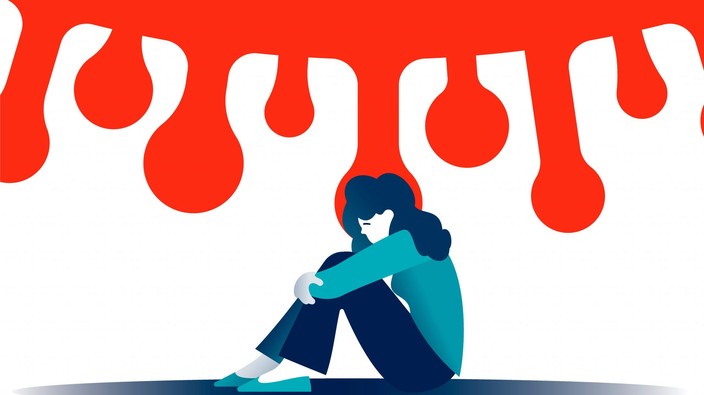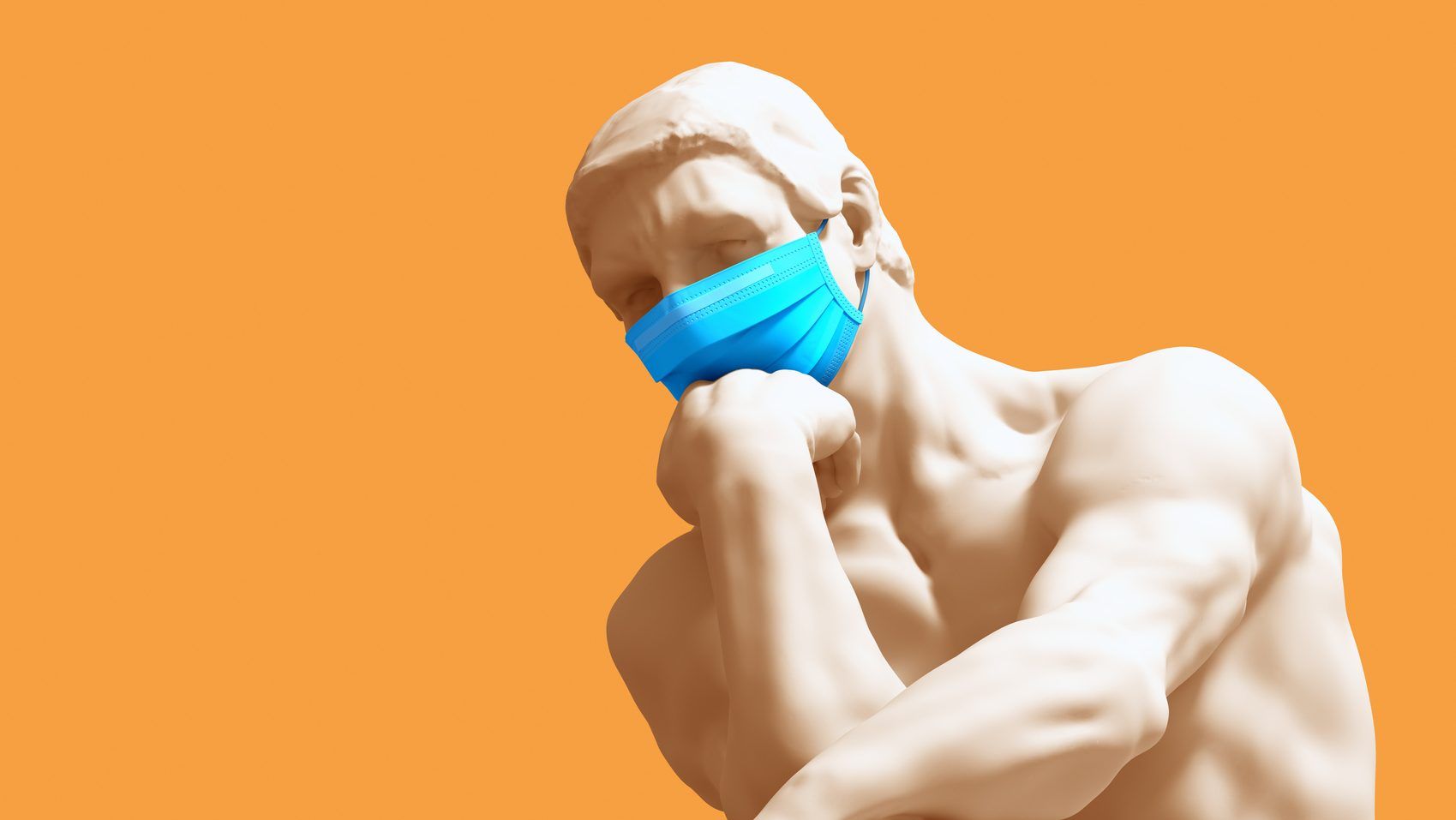people with long covid treated with less respect, feel shame and expect discrimination
researchers said the stigma around the virus adds more stress to people already dealing with the complications of an enduring illness, can threaten relationships and make it harder for a patient to heal.
hallucinations, hair loss, erectile dysfunction may be symptoms of long covid
a new large-scale study from the u.k. identifies several troubling new symptoms of long covid.
long covid patients could develop life-long autoimmune diseases like lupus: mcmaster study
researchers say that abnormal antibodies flags the need for long-covid patients to get tested for autoimmune diseases, including multiple sclerosis and type 1 diabetes.
 3 minute read
3 minute read









